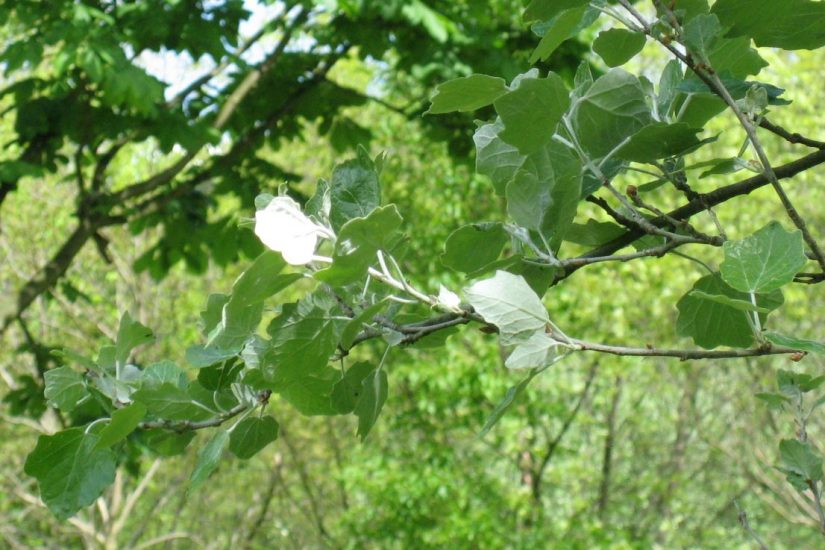SEFS Professor Doty, lab awarded nearly $6.4 million to study microorganisms in poplar trees

UW School of Environmental and Forest Sciences Professor Sharon Doty received a large grant from the U.S. Department of Energy to understand how, at a molecular level, microorganisms within the poplar tree microbiome can affect the host plant’s health and stress tolerance.
The nearly $6.4 million award was given to Doty and her lab, including co-investigators SEFS Professor Soo-Hyung Kim; Amir Ahkami and Christer Jansson of the Pacific Northwest National Laboratory; and Adam Deutschbauer of the Lawrence Berkeley National Laboratory, by the Genomic Sciences Program on Systems Biology Research to Advance Sustainability Crop Development within the Department of Energy.
Here is an abstract for the project: “The plant microbiome, made up of the many micro-organisms that interact with plants, can have a profound influence on the growth and health of any given plant. Poplar trees are important feedstocks for bioenergy and ecosystem services, but more efficient and resilient growth is essential for environmental sustainability. In their native habitat of rocky riverbanks, poplar trees host a diverse assembly of micro-organisms that help them to survive in this harsh environment. Some of the micro-organisms which make up the poplar microbiome can help poplar grow by providing the required nutrients of nitrogen and available phosphorus, which are lacking in the rock and sand dominated riversides. In addition to increasing nutrient acquisition, the micro-organisms can also promote plant tolerance to other environmental stresses including drought. Previously we demonstrated that adding micro-organisms from the wild poplar microbiome to a wide variety of other plants increased the health and growth of these plants under a variety of conditions. The overall goal of the proposed work is to understand how, at a molecular level, the micro-organisms within the poplar tree microbiome can affect the host plant health and stress tolerance. Using systems biology approaches at both lab and field scales, we will identify the metabolic and physiological impacts of the bio-inoculants on the host plant under nutrient stress and water limitation. We will then integrate the plant physiology data with the molecular plant-microbe interactions data to develop a systems-level understanding of the genetic and molecular basis for diazotrophic (nitrogen-fixing) endophytic mutualisms. This deeper level of understanding of the plant responses will guide construction of microbial communities that best prime plant pathways for enduring abiotic stresses to optimize the impacts of bioinoculants for environmental sustainability and vigor of bioenergy crops.”
Learn more about the research here.